Master in Quantum Information Science and Technologies (MQIST)
MQIST is an interuniversity master's program offered by the Universities of Santiago de Compostela, A Coruña, and Vigo. It represents a specialized postgraduate study option in the field of information processing through quantum technologies.
- All Posts
- Audiovisual
- Featured
- Events
- News
- News
- Sin categoría
- Útiles
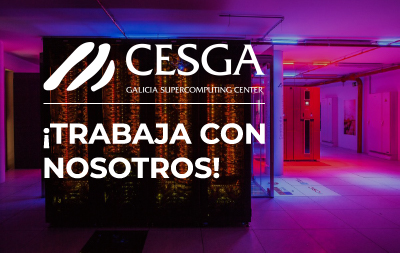
Position: Project Technician Quantum Spain Reference: QUANTUMSPAIN-25-TP1_ TP6 Summary: The QUANTUM ENIA project (Quantum Spain) is funded by the Spanish Ministry of Foreign Affairs and...

You can consult the new timetables by accessing the page Course 2025/26 in the menu. The schedule of exams will be published...
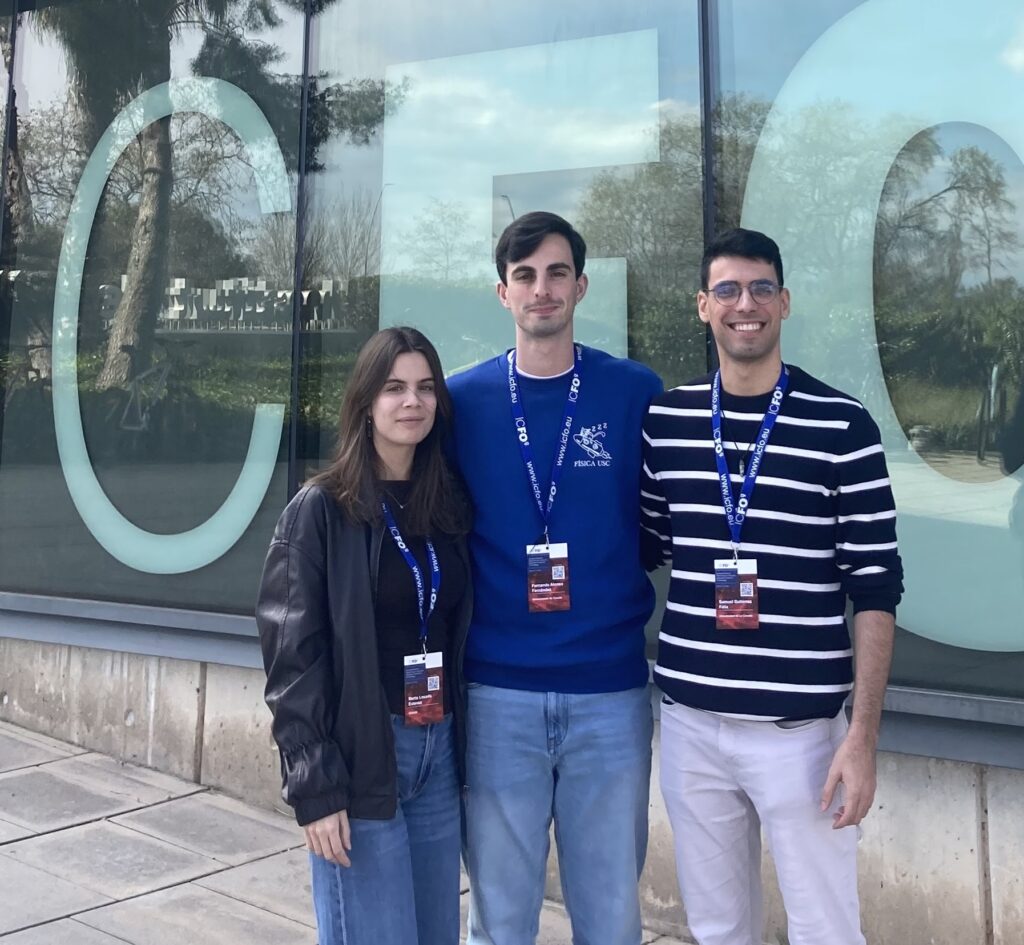
Three students of the Master in Quantum Information Science and Technology participated last March in the...
Do you want to know what it is, what it is used for and how entanglement or superposition is created and controlled? The Segunda Revolución Cuántica está aquí y tú no te la puedes perder.
El control y dominio de los fenómenos cuánticos a nivel más elemental nos va a permitir utilizar todo el potencial de la Mecánica Cuántica para manipular la Información de forma totalmente novedosa y disruptiva. Las Comunicaciones Cuánticas, la Metrología y los Sensores Cuánticos, o la Computación y la Simulación Cuánticas tienen el potencial de llegar a niveles no alcanzables con la tecnología tradicional.
From the Universities of Galicia, UDC, USC, and UVIGO, we have developed this official master's program with expert faculty in all three areas and state-of-the-art material facilities. In particular, you will have priority access to an experimental quantum communications line or a real quantum computer with 32 superconducting qubits located at CESGA. If you have a STEM/CS background and a strong desire to learn new things and open your mind to a different way of thinking, our goal is to help you transition into the field of Quantum Science and Information Technologies. Apply for your spot now, and we'll see you in class.
Master's program objectives
La misión del MQIST es la de formar una nueva generación de especialistas científicos y tecnólogos de alta cualificación en el área de la computación y el procesamiento cuántico de la información, en línea con el programa Quantum Flagship de la Unión Europea.
Specialization
Proporcionar una formación especializada y avanzada en Ciencia y Tecnologías de Información cuántica que capacite a los estudiantes para su incorporación a empresas tecnológicas y a grupos de investigación competitivos.
Knowledge
Proporcionar un conocimiento actualizado del estado de desarrollo de un campo que evoluciona cada día, así como de sus actores principales.
Skills
Dar destrezas y habilidades en una o varias vertientes concretas de las tecnologías cuánticas: computación, comunicaciones, metrología, etc.
Research
Introducir a los estudiantes en temas de investigación que les permitan realizar una tesis de doctorado.
Do you want to know what entanglement or superposition are? How they are generated and controlled? And what are they used for? The Second Quantum Revolution is here, and you can't afford to miss it.
The precise control of quantum phenomena at the most elementary level will enable us to utilize Quantum Mechanics to overcome existing barriers in classical computing. Quantum Communications, Metrology and Quantum Sensors, as well as Quantum Computing and Simulation, have the potential to reach levels unattainable with traditional technology.
From the Universities of Galicia, UDC, USC, and UVIGO, we have developed this official master's program with expert faculty in all three areas and state-of-the-art material facilities. In particular, you will have priority access to an experimental quantum communications line or a real quantum computer with 32 superconducting qubits located at CESGA. If you have a STEM/CS background and a strong desire to learn new things and open your mind to a different way of thinking, our goal is to help you transition into the field of Quantum Science and Information Technologies. Apply for your spot now, and we'll see you in class.
Do you want to know what it is, what it is used for and how entanglement or superposition is created and controlled? The Segunda Revolución Cuántica está aquí y tú no te la puedes perder.
El control y dominio de los fenómenos cuánticos a nivel más elemental nos va a permitir utilizar todo el potencial de la Mecánica Cuántica para manipular la Información de forma totalmente novedosa y disruptiva. Las Comunicaciones Cuánticas, la Metrología y los Sensores Cuánticos, o la Computación y la Simulación Cuánticas tienen el potencial de llegar a niveles no alcanzables con la tecnología tradicional.
From the Universities of Galicia, UDC, USC, and UVIGO, we have developed this official master's program with expert faculty in all three areas and state-of-the-art material facilities. In particular, you will have priority access to an experimental quantum communications line or a real quantum computer with 32 superconducting qubits located at CESGA. If you have a STEM/CS background and a strong desire to learn new things and open your mind to a different way of thinking, our goal is to help you transition into the field of Quantum Science and Information Technologies. Apply for your spot now, and we'll see you in class.
Master's program objectives
La misión del MQIST es la de formar una nueva generación de especialistas científicos y tecnólogos de alta cualificación en el área de la computación y el procesamiento cuántico de la información, en línea con el programa Quantum Flagship de la Unión Europea.
Specialization
Proporcionar una formación especializada y avanzada en Ciencia y Tecnologías de Información cuántica que capacite a los estudiantes para su incorporación a empresas tecnológicas y a grupos de investigación competitivos.
Knowledge
Proporcionar un conocimiento actualizado del estado de desarrollo de un campo que evoluciona cada día, así como de sus actores principales.
Skills
Dar destrezas y habilidades en una o varias vertientes concretas de las tecnologías cuánticas: computación, comunicaciones, metrología, etc.
Research
Introducir a los estudiantes en temas de investigación que les permitan realizar una tesis de doctorado.
Qué se aprende
- Los Fundamentos conceptuales que permiten implementar, controlar y manipular información usando la estructura de la Mecánica Cuántica.
- Los desarrollos teóricos y experimentales más avanzados en las tres vertientes: Computación Cuántica, Comunicaciones Cuánticas y Metrología y Sensores Cuánticos.
- Los problemas que este nuevo paradigma está llamado a abordar en terrenos como seguridad, logística, química, nuevos materiales, economía, energía, medidas de precisión, etc.
Objectives and Career opportunities
Master's program objectives
The mission of MQIST is to train a new generation of scientific and technological specialists in the field of quantum computing, communication and information processing, capable of meeting the anticipated demand for highly qualified professionals in the coming years. MQIST is an educational program aligned with the European Quantum Flagship.
Specialization
To provide specialized training in Quantum Information Science and Technologies that enables students to join technological companies and competitive research groups.
Knowledge
To provide a solid and up-to-date understanding of the fundamentals and current state of development in a field that evolves daily, as well as its key players.
Skills
To acquire skills and abilities in one or more specific aspects of quantum technologies, both at theoretical and experimental levels: computing, communications, metrology, etc.
Research
To introduce students to current research topics that enable them to pursue a doctoral thesis.
Career opportunities
- Quantum computing scientists and engineers.
- Design, engineering, and maintenance of quantum computers.
- Specialists in secure quantum networks and quantum internet.
- Specialists in metrology, sensing, and calibration with quantum instruments.
- Quantum algorithm programmer for logistics, chemistry, finance, etc.
- Specialist in opto-quantum information systems.
- Academic career in Quantum Information.
Admission
This master's program will be simultaneously offered at the three Galician universities, providing a total of 24 spots per academic year. The program is geared towards university graduates in STEM/SC degrees. Click on the admission information button to learn more.
Admission
To view the admission information for each university, click on its logo or visit the admission section.


